
Care for Worm Farm: Seasonal Maintenance Tips
Worm farming, or vermicomposting, is an eco-friendly method to recycle organic waste into valuable compost. This process reduces waste in landfills and enriches the soil,

Worm farming, or vermicomposting, is an eco-friendly method to recycle organic waste into valuable compost. This process reduces waste in landfills and enriches the soil,
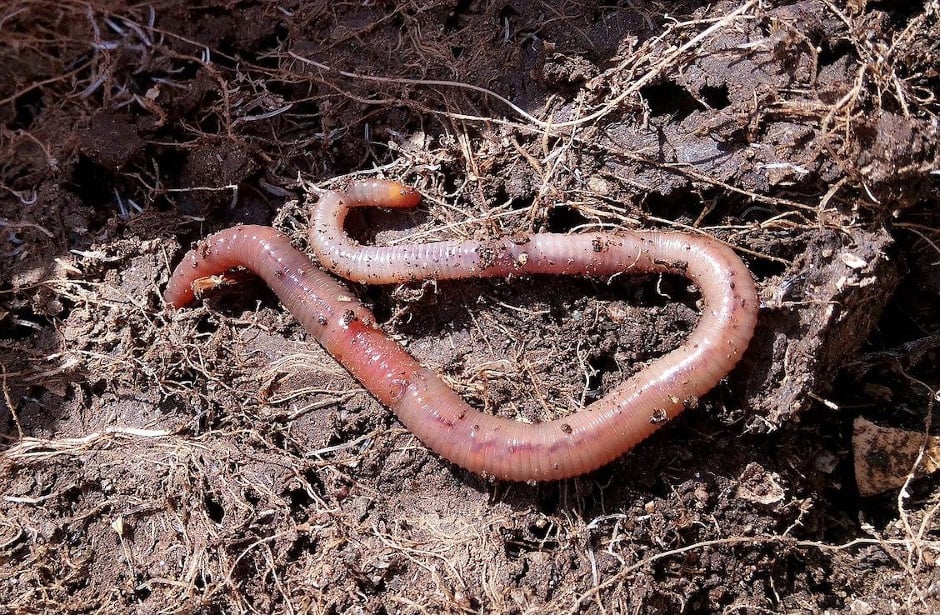
In the heart of organic farming and gardening lies a tiny yet mighty hero – the composting worm. These little wrigglers are nature’s recyclers,
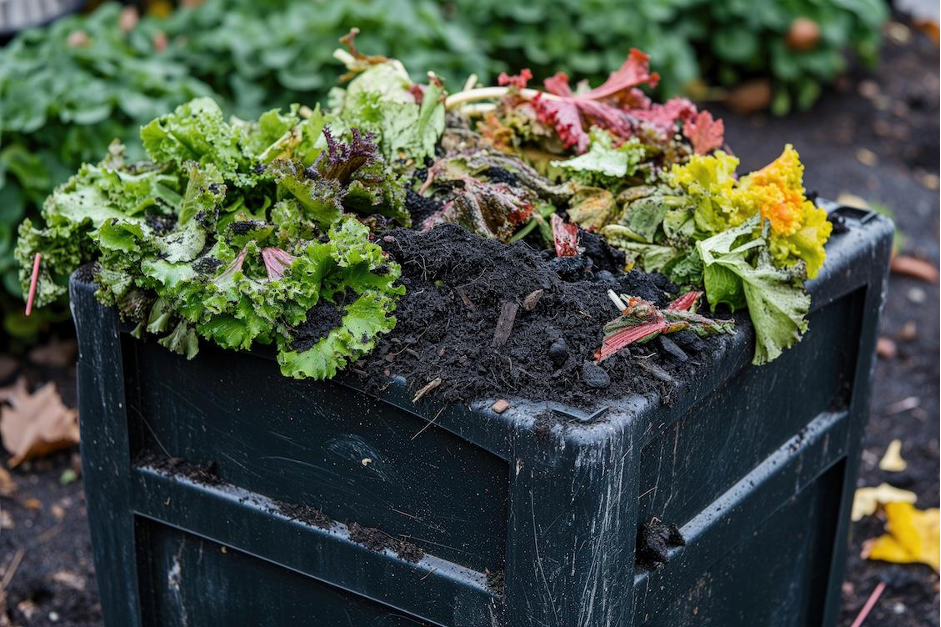
Vermicomposting is a joyful journey into the fascinating world of worms and their incredible ability to transform our everyday kitchen scraps into black gold for
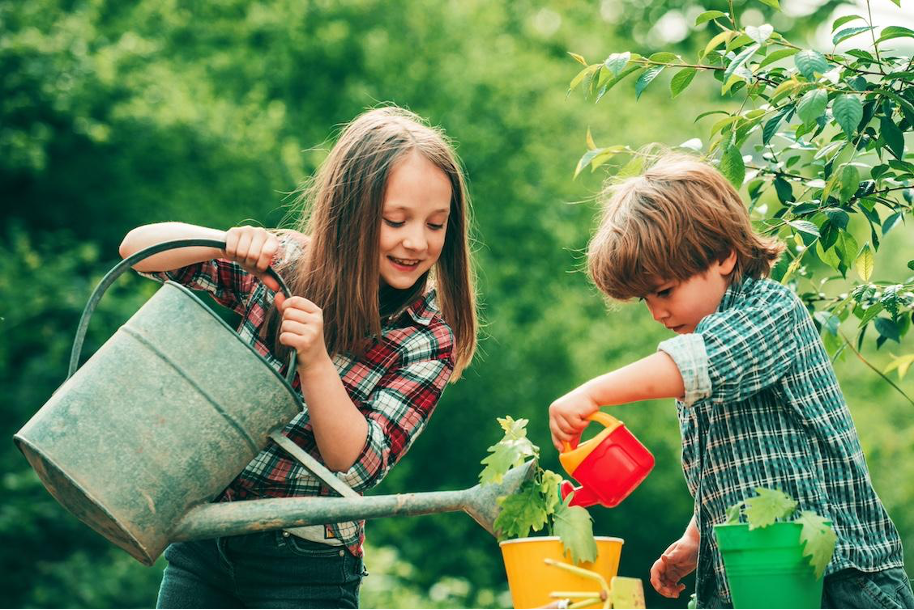
Are you looking for a fun and educational activity to keep your kids engaged and teach them valuable lessons about sustainability and nature? Look no

Seasonal Organic gardening means aligning closely with nature’s cycles. As each season unfolds, your garden’s requirements and tasks shift. Whether you’re an experienced gardener or
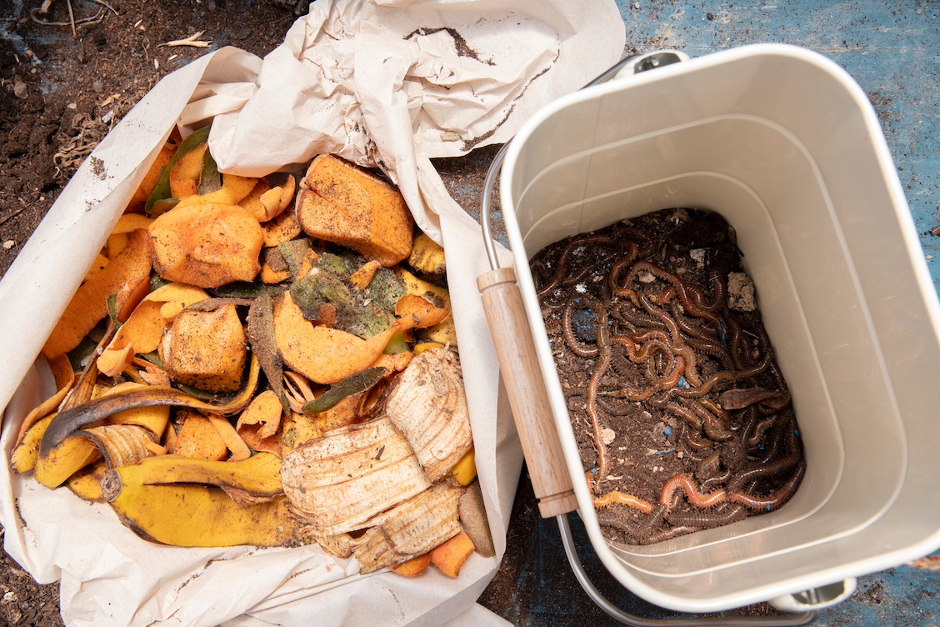
Guess what? You don’t need a sprawling garden or a big backyard to join the worm farming revolution! That’s right, my friends – indoor composting

Diving into worm farming might tickle your curiosity bone, but guess what? It’s not just an amusing pastime. It’s a genius move towards a greener,

The ancient practice of worm farming techniques, dating back centuries, is more than just turning kitchen scraps into garden gold; it’s becoming a cornerstone of

Guide to Worm Farming in Hot and Dry Climates Hey there, worm-farming enthusiasts! If you’re living in a place where the sun blazes more often
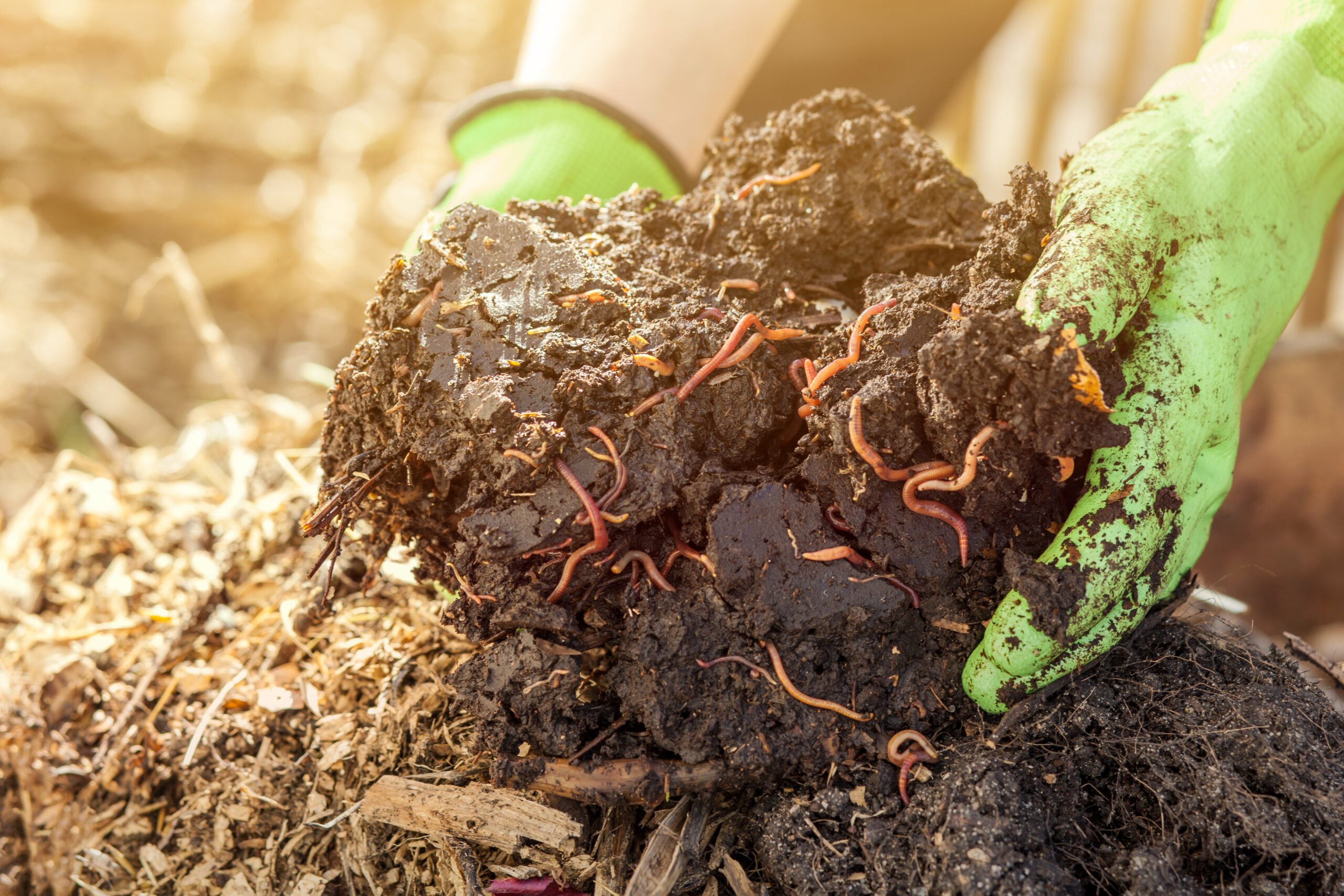
Companion Planting with Worms: Maximizing Garden Benefits As gardeners, we’re always looking for natural and effective ways to enhance the health and productivity of

Worm farming, or vermicomposting, is an eco-friendly method to recycle organic waste into valuable compost. This process reduces waste in landfills and enriches the soil,

In the heart of organic farming and gardening lies a tiny yet mighty hero – the composting worm. These little wrigglers are nature’s recyclers,

Vermicomposting is a joyful journey into the fascinating world of worms and their incredible ability to transform our everyday kitchen scraps into black gold for

Are you looking for a fun and educational activity to keep your kids engaged and teach them valuable lessons about sustainability and nature? Look no